Women’s Safety Services of Central Australia tells Kumanjayi Haywood Inquest of chronic underfunding
A women’s safety advocate was reduced to tears as she described the life-or-death decisions her staff faced on a daily basis. Read the latest from day two of the coronial inquest.
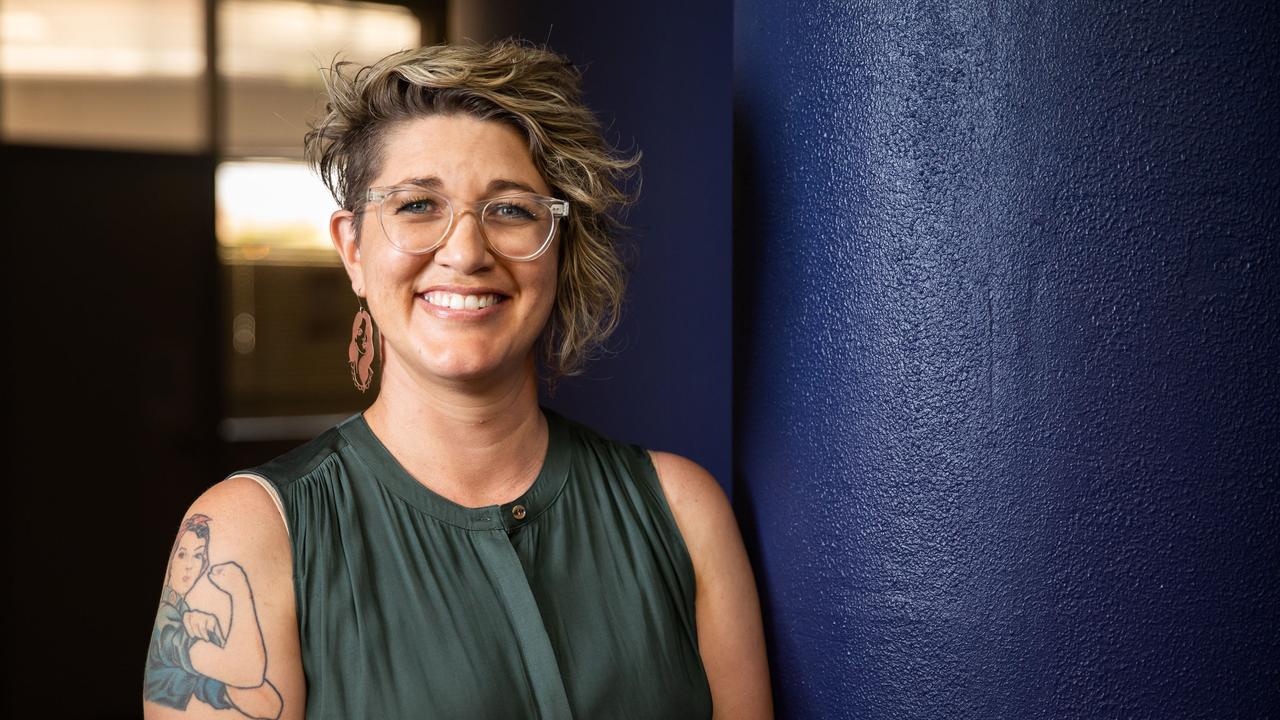
Domestic violence shelters are no longer safe for women as abusers grow more brazen in attacks on crisis shelters, an inquest has heard.
Women’s Safety Services of Central Australia chief executive Larissa Ellis told Coroner Elisabeth Armitage that attacks on shelters were growing as the sector struggled to meet demand.
Ms Ellis said an abuse perpetrator had slashed tyres outside a centre over the past weekend, while leakers had told abusers or their families about their victim’s location.
“It is not necessarily a safe place anymore,” Ms Ellis said.
“Shelters are not safe for all women.”
Ms Ellis said the women’s shelters used to be a “protected” space, but family violence was becoming so “commonplace” that it was no longer being respected.
“They’re not frightened anymore,” she said.
The women’s safety advocate’s evidence comes on the second day of the coronial inquest for a 34-year-old woman burnt alive by her husband in November 2021.
Coroner Elisabeth Armitage opened her six-month long investigation into the domestic violence killings of four Aboriginal women, starting with the Central Australian woman known for cultural reasons as Kumanjayi Haywood.
Ms Ellis described the scale of violence in Central Australia, with understaffed, underfunded and stretched social services forced to turn back women like Ms Haywood.
Ms Ellis was in tears as she described how her service used “prioritisation tools” to determine which women they could help — and who would be turned away.
“We can’t accept all women who come to our service,” she said.
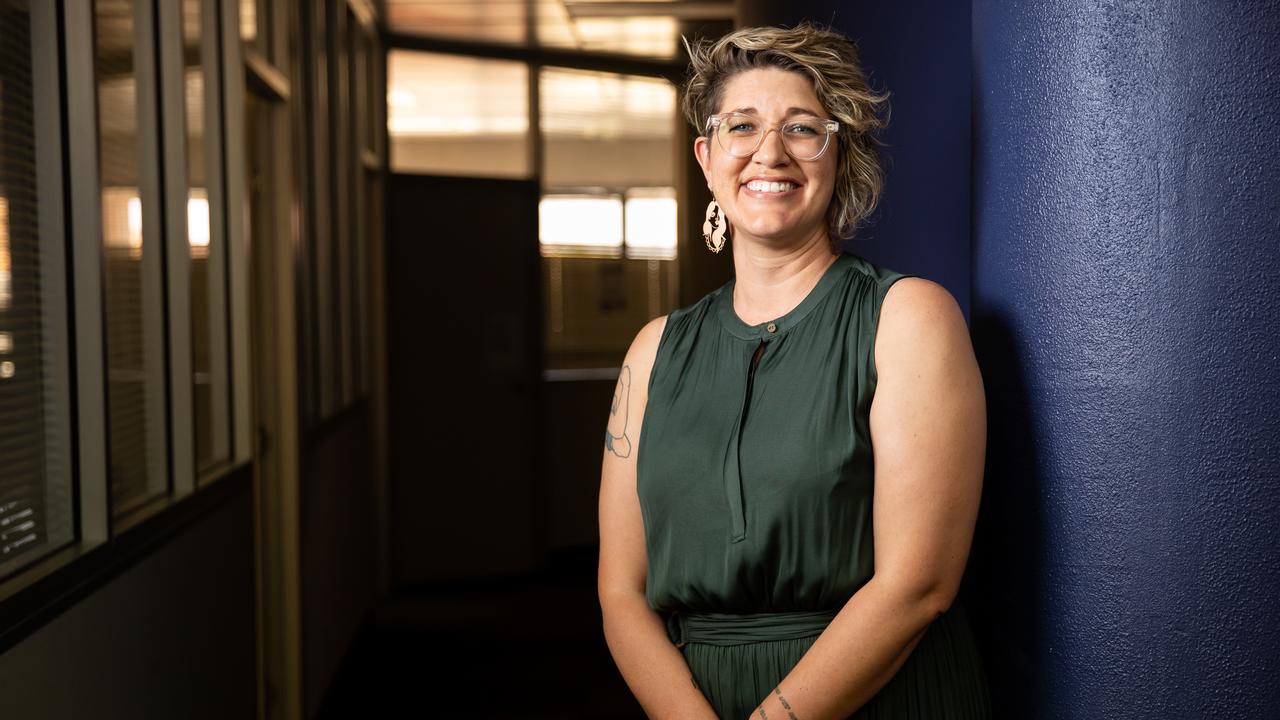
Ms Ellis said it was a daily decision and could mean the difference between life or death for the victims of domestic violence.
“It could be the first time she’s experiencing domestic and family violence when she is killed, it could be the 100th,” she said.
In September 2021 — a month before the fatal fire — Ms Haywood was arrested by police at Haasts Bluff, and then referred to a WoSSCA crisis centre.
Given the bloody injuries to her leg from suspected domestic violence, the woman was then sent to Alice Springs Hospital.
The coroner heard during her three-day stint in hospital her crisis centre bed was “closed”, with hospital staff saying she would need a new referral.
“ (WoSSCA’s) safety plan were not undertaken with her at the time,” counsel assisting the coroner Peggy Dwyer said.
“They did not hear from her again.”
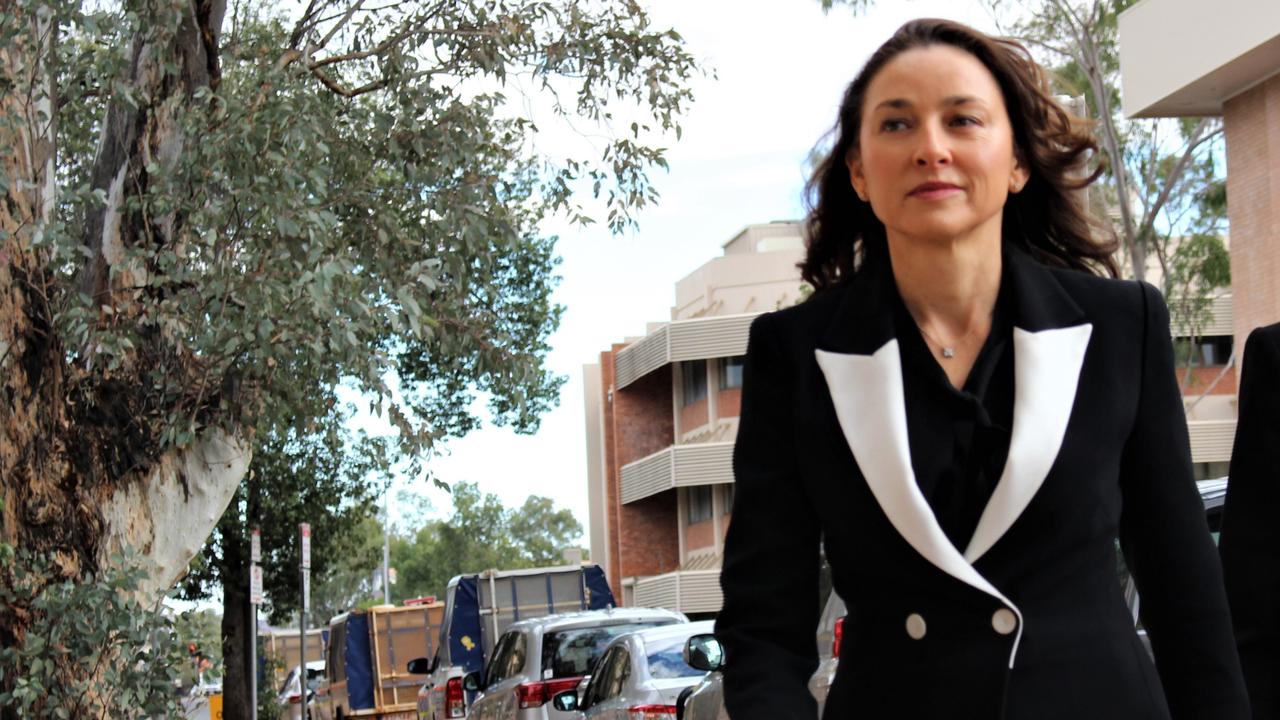
Ms Ellis — who also used to work at Alice Springs Hospital in 2020 — said it was typical to have one social worker assigned to an entire ward dealing with 10 referrals a day.
Ms Ellis acknowledged the risk to Ms Haywood was misidentified, seeing her as primarily a homeless woman rather than a victim of domestic violence.
“We should have been asking more questions,” she said.
“We did what we could with the resources that we had.”
Ms Ellis said currently each case worker was dealing with between 10 and 16 women, and the average length of stay had increased from 4.2 nights in 2020, to 5.8 nights in 2023.
Ms Ellis pointed out that WoSSCA had received no substantial funding increase since 2018.
“Without more money we can’t meet the demand walking through our door,” she said.
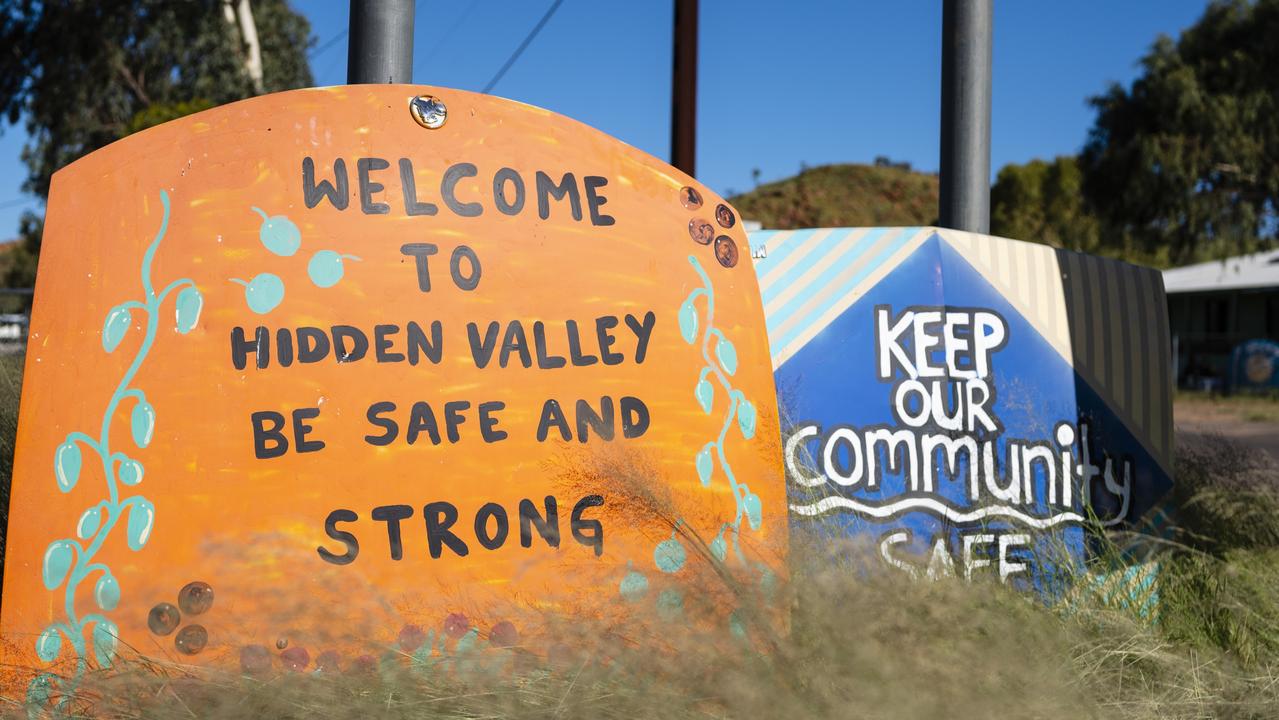
Ms Ellis revealed that she had just signed a new funding agreement with the government, which cut further into their already stretched budget.
Ms Ellis said she felt “pressured” to sign the new funding agreement, which would force her to reduce staff salaries to maintain their current “insufficient staffing” levels.
She said the current $23m budget for domestic and family violence was “hard to reconcile” with the $1bn infrastructure spend by the NT.
Ms Ellis said this followed previous budget reviews which meant the service was running at a $180,000 deficit, and was forced to cut their remote outreach manager and another worker, and reduced the crisis centre’s afternoon shifts.
Ms Ellis said the funding restraints meant it was an “incredible challenge” to help women in remote areas, with the outreach service visiting each remote community for one day each month.
Ms Armitage also heard from two women, known by the pseudonyms Margaret and Rebecca, who witnessed Ms Haywood’s murder.
The women said domestic violence was widespread in the Hidden Valley Town Camp, both showing Ms Armitage their own physical scars from domestic abuse.
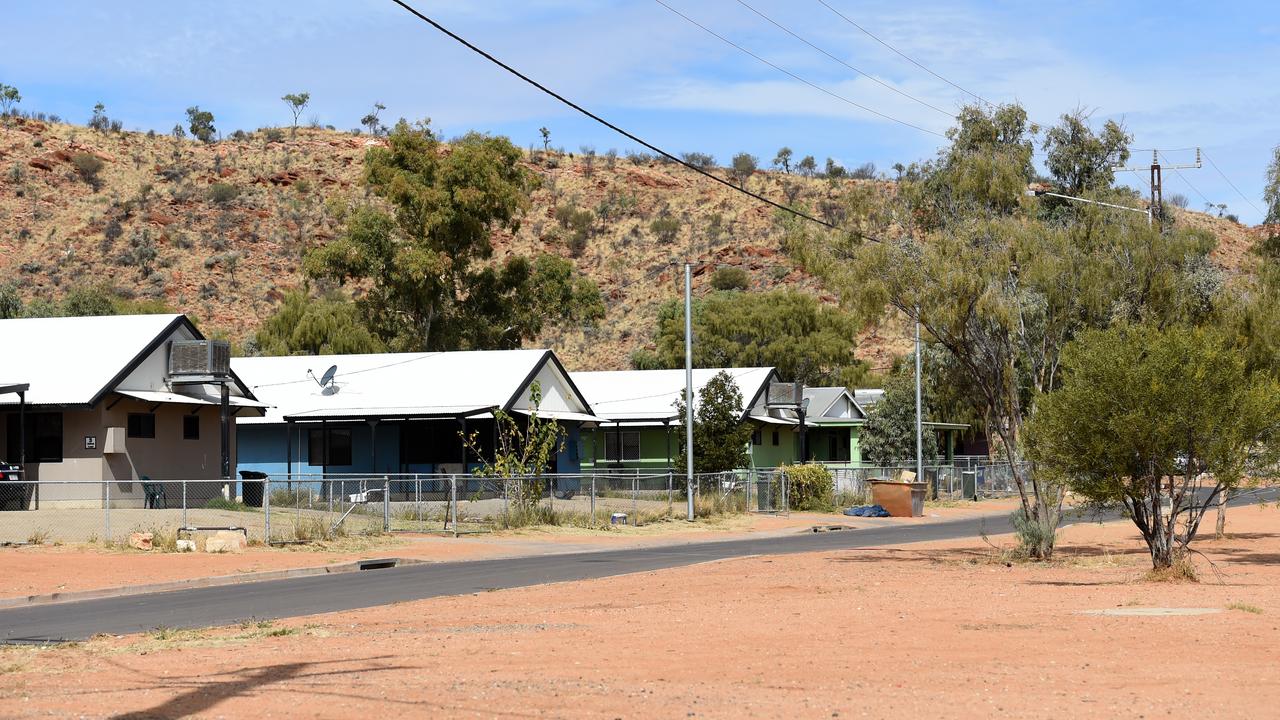
Rebecca said her five-years of violence only stopped “when they put my man in jail”, but when he left “he did the same thing”.
“I’ve been scared of him,” she said.
When Ms Armitage asked if a domestic violence order “piece of paper” was useful in stopping the violence, Rebecca responded “sometimes” before shaking her head.
Ms Ellis also explained why some victims felt let down by authorities who purport to help them.
She said she knew of a woman who had presented to the emergency department at Alice Springs Hospital 79 times.
Ms Ellis said in all her visits, the woman had never been asked if it was due to abuse.
“For years you haven’t listened to her,” Ms Ellis said.
Ms Ellis also said too often police misidentified victims as perpetrators, and wondered whether some of the assault charges against Ms Haywood were her “retaliating after years of violence”.
But she also stressed the need to provide services for male perpetrators, saying “women want to retain their relations with their partners, they just want the violence to stop”.
The court also heard that since 2000, 79 Territory women had been killed by a current or former partner — seventy-four of them were Aboriginal.
Ms Ellis said despite 98 per cent of crisis centres clients being First Nations women, they did not have the approved funding for a cultural advisor.
More Coverage
Originally published as Women’s Safety Services of Central Australia tells Kumanjayi Haywood Inquest of chronic underfunding









